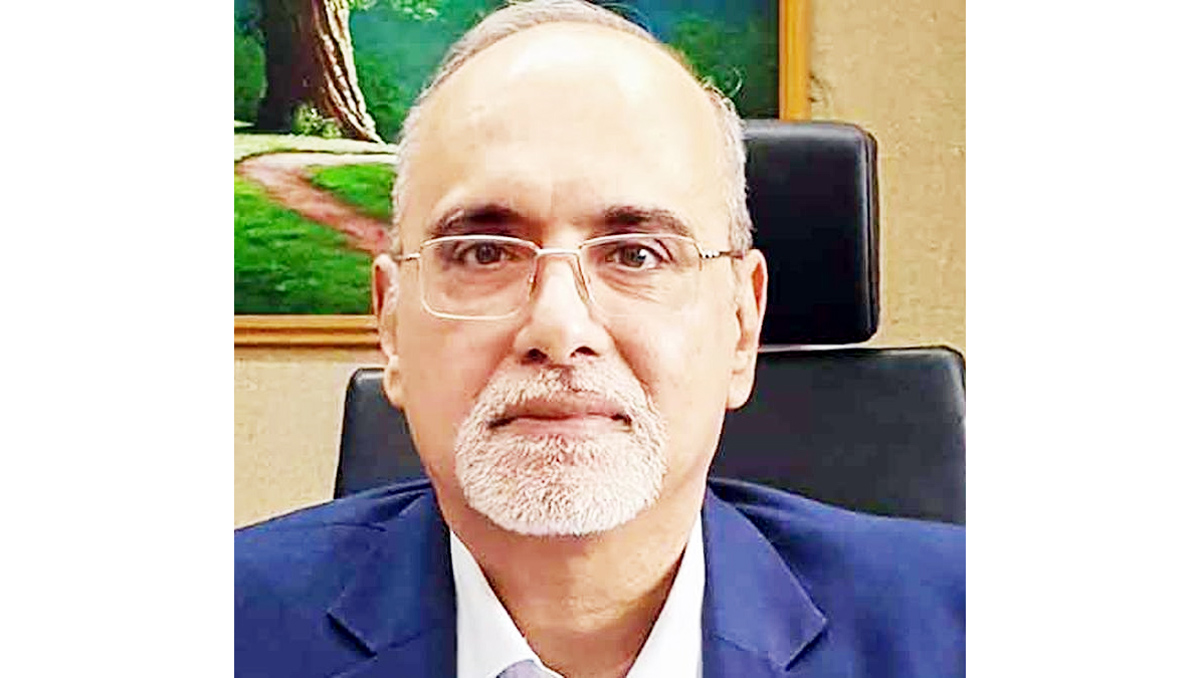MUMBAI, Mar 9: India needs to gear up to manage the exchange rate volatility as the country progresses on the path of internationalisation of rupee and freer capital account convertibility, according to Reserve Bank Deputy Governor M Rajeshwar Rao.
He also said that internationalisation of rupee has its own benefits as well as challenges and risks which the country and the Reserve Bank of India (RBI) will have to deal with.
Delivering the keynote address at the 17th FEDAI conference at Cairo on Sunday, Rao said as the economy grows and becomes more developed, the scope of participation in foreign exchange markets would change.
“With the increasing integration of the economy with the rest of the world, more and more entities are likely to, directly or indirectly, get exposed to foreign exchange risks. There are likely to be demands for permitting hedging of economic exposures,” he said.
A whole new market with a new set of market participants has opened up, with banks in India being allowed to participate in the offshore non-deliverable market for rupee derivatives in a bid to integrate markets. This is a part of the overall effort towards greater convertibility of rupee, he said.
According to him, further dynamics are likely to emerge as the country progresses towards the path of internationalisation of the rupee.
“It is now widely accepted that while internationalisation and a freer capital account comes with its own set of benefits, it is not without risks and that freer capital flows come with their own set of challenges, the primary one being that of volatility and we need to gear up to manage that,” he noted.
Observing that in a constantly evolving world where change is the only constant, he said the journey of the Indian foreign exchange market over the last few decades has been one of continuous development and innovation.
RBI remains committed to continuously move ahead at a steady pace in line with the changing macro-financial environment — globally and domestically, he said.
Going ahead, he said that greater challenges will emerge as the markets become more developed and interconnected, and as the range of products expand. (PTI)
Trending Now
E-Paper


